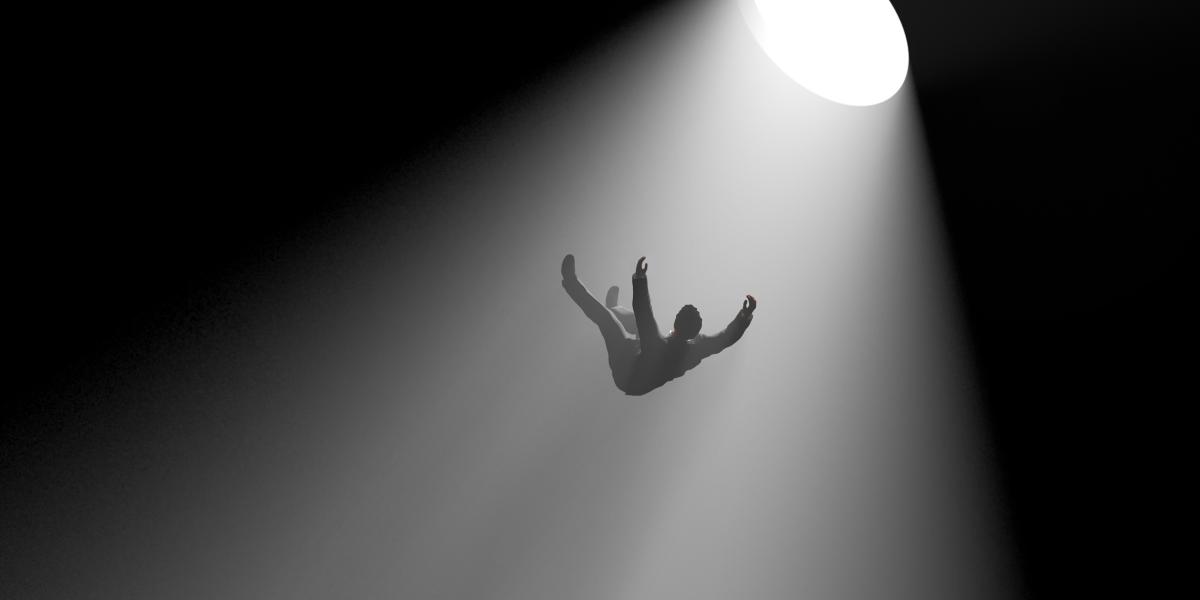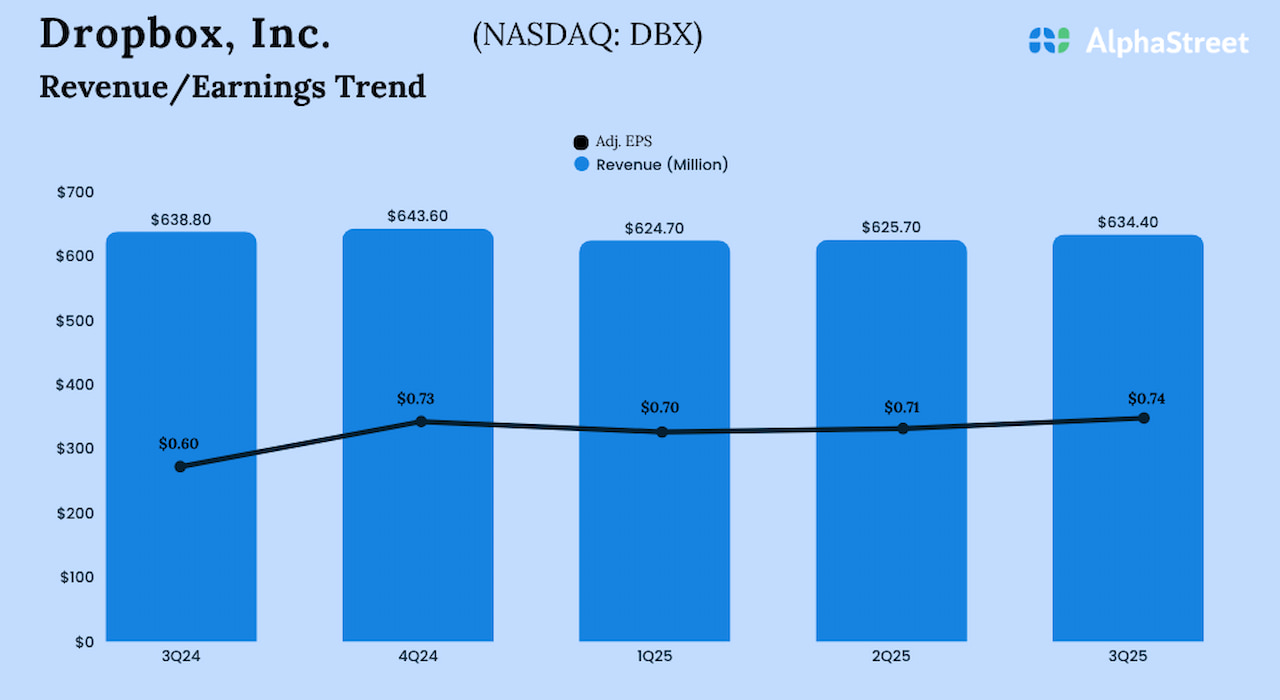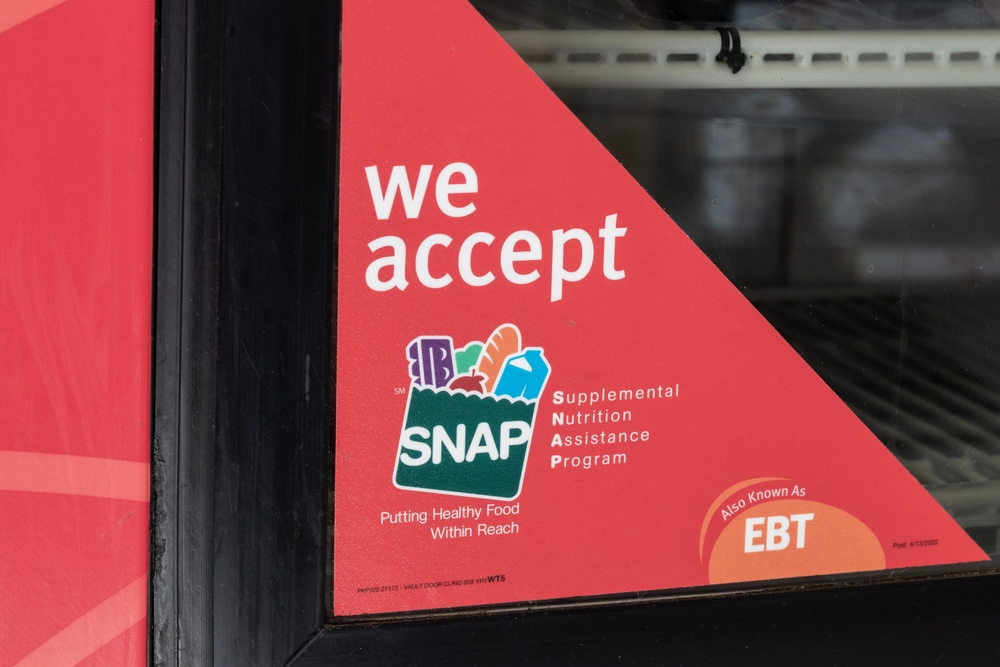Part the First: Wither Sport in This Modern World? The World Series ended last week with two games for the ages. These were the only MLB baseball games I watched all season, and as a baseball man of the old school, I picked well. Both games between the Los Angeles Dodgers and the Toronto Blue Jays were played as baseball was intended: good hitting, good pitching including a complete game that reminded one of Bob Gibson and Sandy Koufax, good baserunning, outstanding defense, and even a perfectly executed sacrifice bunt that in the era of “Baseball Analytics” has become anathema. Unfortunately, one of the teams had to lose, and that was the wrong team (more on that below).
We are also now in the heat of that most peculiar American thing, the college football season, and the games are getting serious, on the field and off. The NBA season has begun with the college game on the way, and the sports fan has more than he can handle. But there is also a specter haunting sport, the specter of gambling – not the kind that hides in the shadows but the kind that is legal and supposedly out in the open. Not so much, as it turns out. And Bhaskar Sunkara explains why in Make Sports Sacred Again: Gambling Promotes Addiction and Decay:
The arrests of three basketball pros — Portland Trail Blazers head coach Chauncey Billups, Miami Heat guard Terry Rozier, and former NBA player and assistant Damon Jones — made for the kind of cable-news spectacle the new FBI leadership clearly loves. Director Kash Patel stepped to the Justice Department podium to describe what he called “a historic arrest across a wide-sweeping criminal enterprise that envelopes both the NBA and La Cosa Nostra.” The timing was impeccable: right as the basketball season was beginning, guaranteeing maximum humiliation for the league and its commissioner, Adam Silver.
Silver must have been livid. Yet in a sense, he helped make this moment happen. A decade ago, he took to the pages of The New York Times to call for legalizing sports betting nationwide. The argument then sounded pragmatic: Americans were already gambling illegally, so why not bring it into the open, regulate it, and tax it? What Silver helped set in motion was the merger of sport and speculation — a regime in which the game itself becomes an advertising vehicle for constant wagering, and every fan morphs into a potential bettor.
Once, gambling was the seedy underbelly of sports culture, the business of backroom bookmakers and shady offshore sites. Now it’s the official sponsor of the pregame show, the banner scrolling under highlight clips, the push notification buzzing our smartphones. Players, coaches, and fans alike have been folded into a vast machine that monetizes the uncertainty that makes sport so compelling to begin with.
Please ignore the camera hog Kash Patel in the first paragraph, who is undoubtedly exaggerating. “La Cosa Nostra”? Who uses that term these days? I might have missed it, but the last time I heard it was from Efraim Zimbalist, Jr. on The F.B.I. Sunkara’s classification of thoroughly secular sports as sacred is a category mistake, but gambling will destroy football, baseball, basketball, and golf, nevertheless. Back in the day when the newspaper arrived on my doorstep every morning, my first stop was the sports section. Box scores do not lie. Games are won or lost by the rules, albeit with the occasional officiating lapse. The players and coaches either put up or shut up. The Sports Section was the only section of the newspaper not filled with bullshit back in the day. Now, who knows? All professional sports including college football and basketball, which have never been truly amateur, are at the mercy of an army of gamblers and their bookies, legal or not.
Back to the Dodgers and why they were the wrong team to win the World Series. Their star should have been cast into the outer darkness last year with Pete Rose and Shoeless Joe Jackson, for a few years at the very least (sorry, Wukchumni, but I loved the Dodgers of Koufax and Drysdale and Wills when I was a Little Leaguer). One sin in baseball is unforgivable: Gambling. Especially with a bookie. But we are to believe that Shohei Ohtani – a megastar of a magnitude not seen since Babe Ruth pitched and hit homeruns for the Boston Red Sox – did not know his interpreter was gambling away millions of Ohtani’s money without the player or his bankers knowing. Yeah, right. The following is a paraphrase from a good friend and baseball man going back to the New York Yankees of Yogi Berra, Whitey Ford, Mickey Mantle, and Elston Howard when they were young:
At least the Most Valuable Player (Yamamoto) wasn’t Ohtani, known by anyone involved in the financial services and investment sectors to be more guilty than his pretend innocence would indicate. In their realm, $500k transfers (twice) don’t require verification, meet security protocol and IRS reporting? That kind of stuff doesn’t happen by accident. Ohtani said he did it to bailout his friend from his gambling debt. The very next day, his lawyer claimed Ohtani was unaware of the transfers.
Which is it, Shohei? Pick one and stick with it. The details are certainly uglier than that but remain very well hidden. No surprise from Rob Manfred, the Commissioner of baseball, who in the aftermath of the Houston Asterix’s cheating scandal called the Commissioner’s Trophy awarded to the winning team in the World Series a “hunk of metal” if I remember correctly. This time MLB was required to protect their first 700-Million-Dollar Man (albeit with much of the money deferred), come what may. It worked. For now.
Meanwhile the online betting traps and snares that shall go unnamed here are bankrupting 20- and 30-something men (and a very few women, who are smarter) as fast as they can. At least the bookie hanging out at the end of the bar, next to the payphone back in the day, at 4:00 on Thursday afternoon would cut off a “client” as soon as he couldn’t pay up. Consequences of one sort or another would follow in due time. That doesn’t happen in the online betting world until it is much too late, when the credit cards are finally cancelled. Widespread damage is coming. We are not a serious nation.
The Major League Baseball Players Association (MLBPA) is about to learn a lesson, too, when the owners get their salary cap in the next contract because the Dodgers, with their large payroll (#2), won the World Series twice in a row against the Blue Jays (#5). Unfortunately, Marvin Miller won’t be available to help them. With his background in the real labor movement, he would also have advised the players that becoming prop bet bait “to make the second-greatest game more exciting” was a bad deal that would only get worse.
Part the Second: Wellness Influencers and Nonsense. In news that will surprise no one outside the influencer orbit, but Wellness Influencers Are Relying on Junk Science:
There’s a new kind of health revolution happening online. Forget rushed GP appointments and overbooked clinics — today’s health experts are wellness gurus who wear yoga pants, talk cortisol levels, and sell empowerment. Last week, the Wall Street Journal was the latest outlet to show how “hormone balance” and “wellness” have become both diagnosis and cure, promising that better sleep, clearer skin and calmer moods can be achieved through supplements and an unwavering commitment to this new lifestyle.
But before people dismiss this movement, it’s important to remember that beneath the soft lighting and wellness tonics lies a harder truth — a growing number of women have justifiably lost faith in medicine. They’re tired of being misunderstood, overprescribed, or told that their problems are “just hormones”. And into that space has swept the wellness industry — part rebellion, part exploitation of women’s worries.
Yes, there is a lot to this. Confidence in the power and legitimacy of modern medicine has waned, and the medical establishment has only itself to blame. Consequently:
The wellness industry has extended far beyond vitamins and minerals. Los Angeles photographer Masha Maltsava has cleared her home of “forever chemicals”, swapped her cookware for cast iron, and banished her polyester leggings. She now tracks her stress levels with an Oura ring and uses AI to interpret her lab results.
But herein lies the problem with relying on the wellness industry. What began as a justifiable search for better information has morphed into a multi-million-pound industry. This is where “first, do no harm” collides with “buyer beware”. The tragedy is that women aren’t wrong to seek better or non-pharmaceutical care for certain ailments — the worry is that they’re being sold certainty in place of science. It’s easy to mock those who turn to influencers instead of doctors, but in a world that demands answers, someone will always be waiting to sell you one.
The great irony in all this is that the wellness ecosystem is driven by profit. Influencers with something to sell thrive on creating a sense that their target market is missing something in their lives. All the while, the efficacy of the wellness industry is increasingly questionable. Little of this is evidence-based, and most of the research is extremely limited. Influencers often lean heavily on phrases like “preliminary findings” and “emerging science”.
What this trend exposes is a broader collapse of trust in expertise. In this case, the old medical paternalism hasn’t been replaced by better self-guided care, but by naked consumerism resting on junk science.
Pretty much. And until we have a healthcare system with the primary goal of health, for everyone, this will continue. The parade will be led by the Medical Medium, one Anthony William, “who was born with the unique ability to converse with the Spirit of Compassion, who provides him with extraordinarily advanced healing medical information that’s far ahead of its time.” Then there is Levels.com, founded by the next Surgeon General, where for about $2000 per year one can continuously monitor his or her blood glucose levels, not that this will mean anything to someone without pre-diabetes or diabetes. In the meantime, people get sicker and sicker eating a poor diet of food-like substances. But that tide may be turning, too.
Part the Third: Human Uniqueness in the Animal World Takes Another Hit. A paper in Science last week shows that Chimpanzees are natural scientists:
The ability of humans to identify relevant information as evidence and update their beliefs in the face of contradictory evidence is foundational to all scientific inquiry. The extent to which nonhuman animals are capable of similar forms of reasoning has long been under debate. In his book The Descent of Man, Charles Darwin proposed that the greatest challenge for evolutionary theory is human intelligence. He predicted that psychological elements would be found in nonhumans, particularly in nonhuman apes, that bridge the gap between human and nonhuman cognition. Schleihauf et al. report that chimpanzees can update their beliefs on the basis of the quantity and quality of new evidence, providing more support for Darwin’s radical idea.
But this result has been long in coming. Self-knowledge is old news in non-human primates. Great apes have also shown a capacity to revise a choice when presented with contrary evidence.
Despite this progress, it has remained unclear whether chimpanzees possess the capacity to rationally evaluate the strength of new evidence in relation to their existing beliefs and revise those beliefs only when appropriate, as humans do (metacognition). This capacity for reflective responsiveness to reasons is likely to be the only definition of rationality that the strictest opponents of animal rationality will admit. Schleihauf et al. adopted a previously developed experimental setup in which subjects are given a chance to revisit an initial choice after being presented with additional evidence (9). Across five experiments, 15 to 23 chimpanzees living at the Ngamba Island Chimpanzee Sanctuary in Uganda were tested on their ability to revise decisions when presented with varying strengths of evidence regarding the location of hidden food rewards.
Schleihauf et al. gave subjects eight opportunities to locate food hidden in two identical containers. Chimpanzees could select one of the containers but not both. For each trial, they received two sequential clues: one providing strong, conclusive evidence, and the other offering weak, inconclusive evidence. In half of the trials, the strong clue was presented first, followed by the weak; in the other half, the order was reversed. Chimpanzees consistently based their choices on the strong form of evidence, regardless of the order or modality (visual, when food could be seen inside the container, or auditory, when the container made a noise indicative of food when shaken) in which they received the information. Notably, when weak evidence was encountered first, subjects frequently revised their choice after being exposed to the stronger evidence, which is consistent with rational revision of beliefs
.
The Schleihauf et al. paper is here, unfortunately behind a paywall despite attempts to retrieve it. But the evidence is strong and proves that Charles Darwin was correct in The Descent of Man (and Selection in Relation to Sex), which was published in 1871, eleven years after the On the Origin of Species (By Means of Natural Selection). There is a continuum that includes our non-human relatives. However, one thing about this is clear. More than a few individuals of the species Homo sapiens lack the gift of metacognition. These include a distressing number of medical students who need to be told that if they study better, and usually longer, they will do better in medical school and be a better physician to their patients. It is always passing strange they must be told this. One would think a failing or near-failing grade would send a message. But when they follow the advice. it works 99% of the time. Imagine that.
Part the Fourth: The Sokal Hoax Thirty Years later. From The Baffler a long article, Little Magazine, on the importance of little magazines on the Left (and the Right) and their survival. My introduction to them was the long-gone newsstand across from the main entrance of my university campus, where a wide assortment of little (and not so little) magazines and journals – Dissent, Working Papers for a New Society, Monthly Review, The Public Interest, Partisan Review, Commentary, Lingua Franca, City Journal, Past & Present– were available. I read them all. For those who were not present when Alan Sokal did his thing:
(His) article, “Transgressing the Boundaries: Towards a Transformative Hermeneutics of Quantum Gravity”, was published in the Spring/Summer 1996 “Science Wars” issue (of Social Text). It proposed that quantum gravity is a social and linguistic construct. The journal did not practice academic peer review at the time, so it did not submit the article for outside expert review by a physicist. Three weeks after its publication in May 1996, Sokal revealed in the magazine Lingua Franca that the article was a hoax.[2]
The hoax caused controversy about the scholarly merit of commentary on the physical sciences by those in the humanities; the influence of postmodern philosophy on social disciplines in general; and academic ethics, including whether Sokal was wrong to deceive the editors or readers of Social Text; and whether Social Text had abided by proper scientific ethics.
Does Critical Theory have its problems? Yes. Is some of it more than recondite and did it “interrogate” concepts that may not have been worth the trouble? Yes, again. But that also goes for science; you cannot know these things ex ante. At the time Social Text was not peer-reviewed (which used to mean something and these days it can mean less than nothing), but it was a serious journal led by Stanley Aronowitz. The article got four readings before it was published. None of the readers was a physicist.
Sokal was lionized in my circles. I always thought he took a cheap shot that was an early modern example of “I’m a scientist and you’re not, so you must listen to what I say (and I do not care what you think).” We see where this attitude has led. Whether the sciences as disciplines with social and cultural relevance will recover is uncertain. Hubris leads inevitably to the fall, and one does not have to be Sabine Hossenfelder to see that physics may have thought itself into a cul de sac. Heresy alert! But that might have been inevitable. Physics is a “small problem” in that its working parts are not contingent on any history that followed the first few seconds after the Big Bang of current cosmological theory. Biology on the other hand is contingent upon a dynamic history of more than three billion years (Wiki but a good review of LUCA). And contrary to the fever dreams of physical scientists and a few biologists, biology will never be reduced to chemistry, much less physics. Or that is the (completely unoriginal) KLG Conjecture and I am sticking to it.
Part the Fifth: A Political Temblor in the Hinterlands. What ultimately happens is anybody’s guess but Election Day 2025 was notable, in New York City and other strange places. One of the latter is the State of Georgia, where Marjorie Taylor Greene has become a politician who makes a lot of sense on the large issues of the day. That was not on my bingo card. There were only two statewide races on the ballot. Both were for seats on the Public Service Commission, which for the past fifty years at least, has been the handmaiden of utility companies in the largest state east of the Mississippi River, and now the eighth largest state by population in the US. As covered in The Current, the only reliable source for news in Coastal Georgia:
Democrats Peter Hubbard and Alicia Johnson have delivered an upset in Georgia’s off-year special election Tuesday, defeating two Republican incumbents on the state’s Public Service Commission.
The double victory marks the first time the Democratic Party has won a statewide constitutional office in Georgia since 2006 and reshapes the political landscape ahead of the pivotal 2026 midterm elections. As of 10:15 p.m., Alicia Johnson led with about 60.5% of the vote, according to unofficial results from the Georgia Secretary of State’s website, while Hubbard carried 60.7% of the vote.
Turnout was large for an off-year election (>1.5 million votes). The final results were even clearer: 63%/37% for each Democrat. That is a smackdown of epic proportions. I would remind everyone that we have to start somewhere, and sniping at the winners from last Tuesday who can be transformative should await at least a few results. We got into this crack over a long period, and it will require steady pressure to reverse our momentum toward oblivion. Natura non facit saltum applies to biology most of the time, and political economy all the time, if things are not to fall apart completely. Hope is the antithesis of optimism, and this is a time for hope. And hope requires action from citizens, not consumers. As Rabbi Tarfon put it nearly 2000 years ago, “It is not your duty to finish the work, but neither are you at liberty to neglect it.”
See you next week!
























